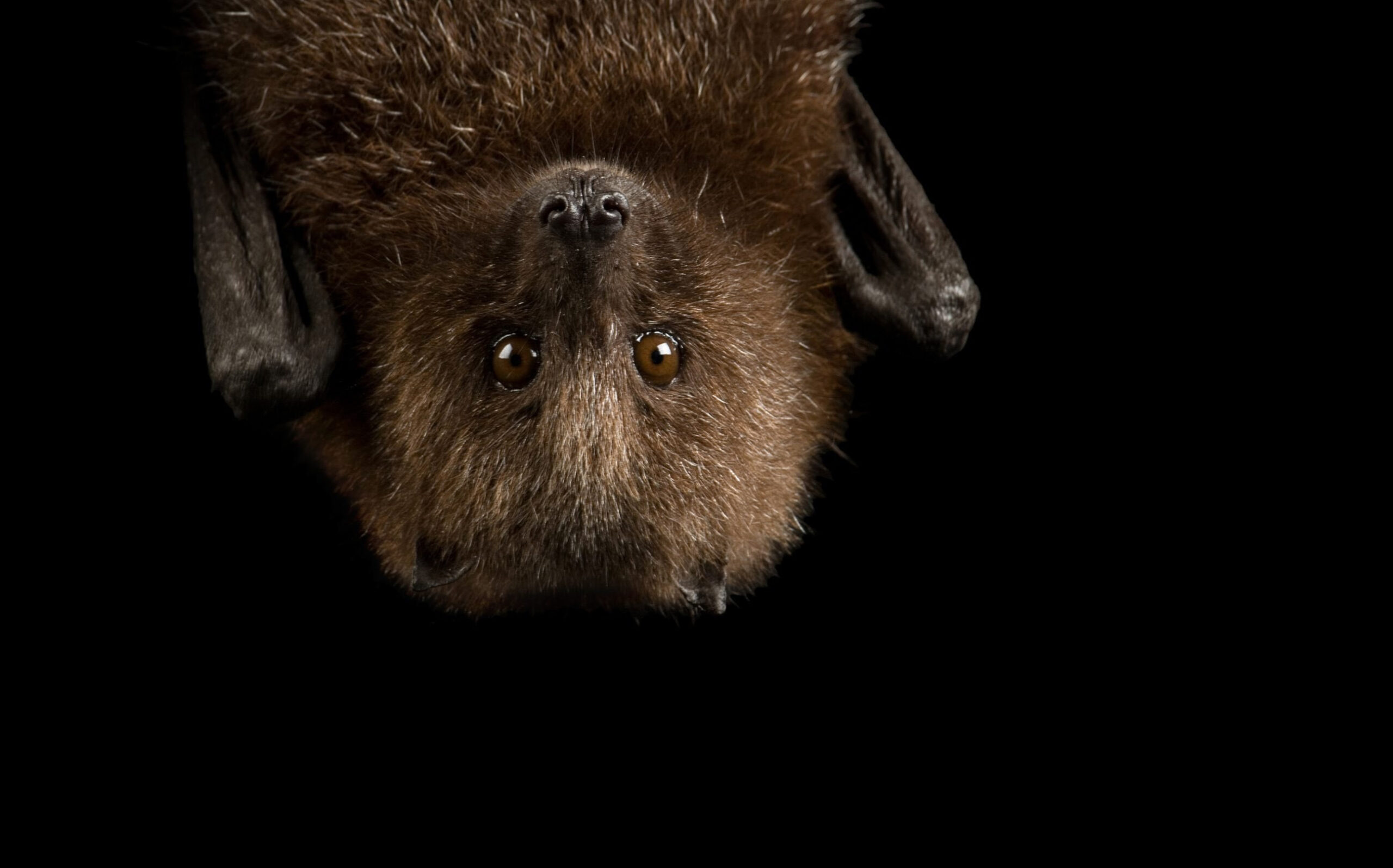$10 million prize for Interspecies Two-Way Communication using generative AI models announced
Press Releases —

- Call for 2023/24 submissions closes 31 July 2024.
- Grand Prize winner to receive up to USD10million for “cracking the code”.
- Annual prizes of USD100k announced for significant contributions to decipher, interface or mimic non-human organism communication.
London, 30 May 2024: Today, the Jeremy Coller Foundation and Tel Aviv University announces a call for submissions for the Coller Dolittle Challenge for Interspecies Two-Way Communication. A Grand Prize of USD$10mln will be awarded for “cracking the code” with annual prizes of USD$100,000 to support successful applicants with their research to develop scientifically rigorous models and algorithms for coherent communication with non-human organisms until interspecies communication is achieved.
Seeking to build on a growing canon of research, and encouraged by numerous scientific consortia, The Coller Dolittle Interspecies Two-Way Communication challenge is a multi-year project which seeks to take advantage of progress in Artificial Intelligence, and especially Large Language Models, in order to achieve the ultimate aim of interspecies communication.
The Challenge seeks to build on recent advances in deciphering animal communication, from decoding bat signals to listening to sperm whale conversations. The scientific committee judging the prize entrants hopes for a ‘Turing test’-style communication with non-human organisms – whereby the animal communicates independently without recognizing that it is communicating with humans. Artificial intelligence could play a role in developing interfaces for interpreting such communication.
An annual prize of USD$100,000 will support successful applicants with their research. For the successful team that ultimately cracks the code of Interspecies Two -Way Communication, a Grand Prize of either a USD$10million equity investment or a USD$500,000 cash prize will be awarded.
Annual prizes of USD100k announced for significant contributions to decipher, interface or mimic non-human organism communication.
The inaugural Coller Dolittle Interspecies Two -Way Communication annual prize will be awarded for recent scientific work that follows the following criteria for research that:
- Uses a non-invasive approach to communicate with or decipher an organism’s communication;
- Demonstrates communication in more than one context (e.g., alarm, mating, foraging) using the organism’s endogenous communication signals;
- Demonstrates a measurable response of the organism to the signals broadcasted to it.
Professor Yossi Yovel, Tel Aviv University and Chair of the Coller Dolittle Prize
“In recent years, the scientific community’s understanding of the communication patterns of non-human organisms has advanced in leaps and bounds. I hope the global scientific community embraces the challenge and opportunity offered by this Prize. As we announce the call for submissions, I am delighted to introduce a diverse interdisciplinary judging panel of leading researchers – from neuroecologists to computer scientists, and we look forward to peer reviewing submissions.”
Jeremy Coller
“Just as the Rosetta Stone unlocked the secrets of the hieroglyphics, I am convinced that the power of AI can help us to unlock interspecies conversation.”
Peter Gabriel, musician and co-founder of Interspecies Internet
“When I played music with bonobo apes, I was stunned by their intelligence and their musicality, which was the trigger for the idea that became the Interspecies Internet. There is so much intelligent life on our planet that humans have failed to see, except as food, shoes, handbags and entertainment. I’m delighted that there are serious scientists now engaged both with understanding their communication and ways through which we might begin meaningful interspecies communication. It’s great to have the Interspecies Internet and now the Coller Dolittle Prize pioneering this. If we are to handle the existential threat to our planet successfully that we have ourselves created we need to reconnect with the natural world that gave birth to us including all of its inhabitants. I’m very hopeful our descendants will learn to treat all sentient beings on the planet with compassion.”
Dr. Sean Butler, Co-Director of the Cambridge Centre for Animal Rights Law
“This prize will make a vital contribution to improving our understanding of animal communication and animal sentience. Sentience is widely regarded as the basis of considering animals as holders of rights, so the prize is also important in providing further support for considering animal rights laws.”
This global initiative will be administered by Tel Aviv University and chaired by Professor Yossi Yovel, a noted scientist in the field. Professor Yovel will chair an expert scientific panel of judges including Professor Inbal Arnon (Professor of Psychology, HUJ), Professor Mirjam Knörnschild (Biologist, Frei Uni.), Professor Elodie Florianr Mandel-Briefer (ecologist, University of Copenhagen), Professor Oded Rechavi (Geneticist, TAU) and Professor Amir Teicher (History of Science, TAU), among others. The challenge will be operated on an open access basis with data made available to the scientific community for advancement of this field of study.
The deadline for submissions is 31 July 2024. Full details and guidelines for submission can be found in Notes to Editors.
Notes to editors:
The Coller Dolittle Challenge:
More information about the challenge can be found here:
https://www.sciencedirect.com/science/article/pii/S0960982223008485
https://coller-dolittle-24.sites.tau.ac.il
Up to ten of the best applications will be invited to present their work to the judging panel in an online symposium. Following the online event, we will meet again to select the winner. The judges reserve to split the prize among two winners if submissions warrant it.
Guidelines for submission:
Applications should be written in the format of a scientific publication. Applications should be up to 5 pages long (font 11) including all parts except for references. The data used in the study must be available in a public repository to benefit other researchers operating in the field. The submission should also include a short – 2-minute videos that may be published on social media. The final deadline for submission is 31 July 2024 (by noon CET). Proposals and questions should be sent to the following email address: CollerDolittleAward@gmail.com
About the Jeremy Coller Foundation – The Jeremy Coller Foundation is a UK registered charity which currently focuses on two primary programme areas: intensive animal agriculture and education. It also selects individual special projects with the potential for significant strategic impact and collaborates with a broad range of organisations to realise interdisciplinary projects. Link: Jeremy Coller Foundation | Coller Foundation
Media contacts:
Mike Marshall, ESG Communications
+44 7728 816426
Further Reading
